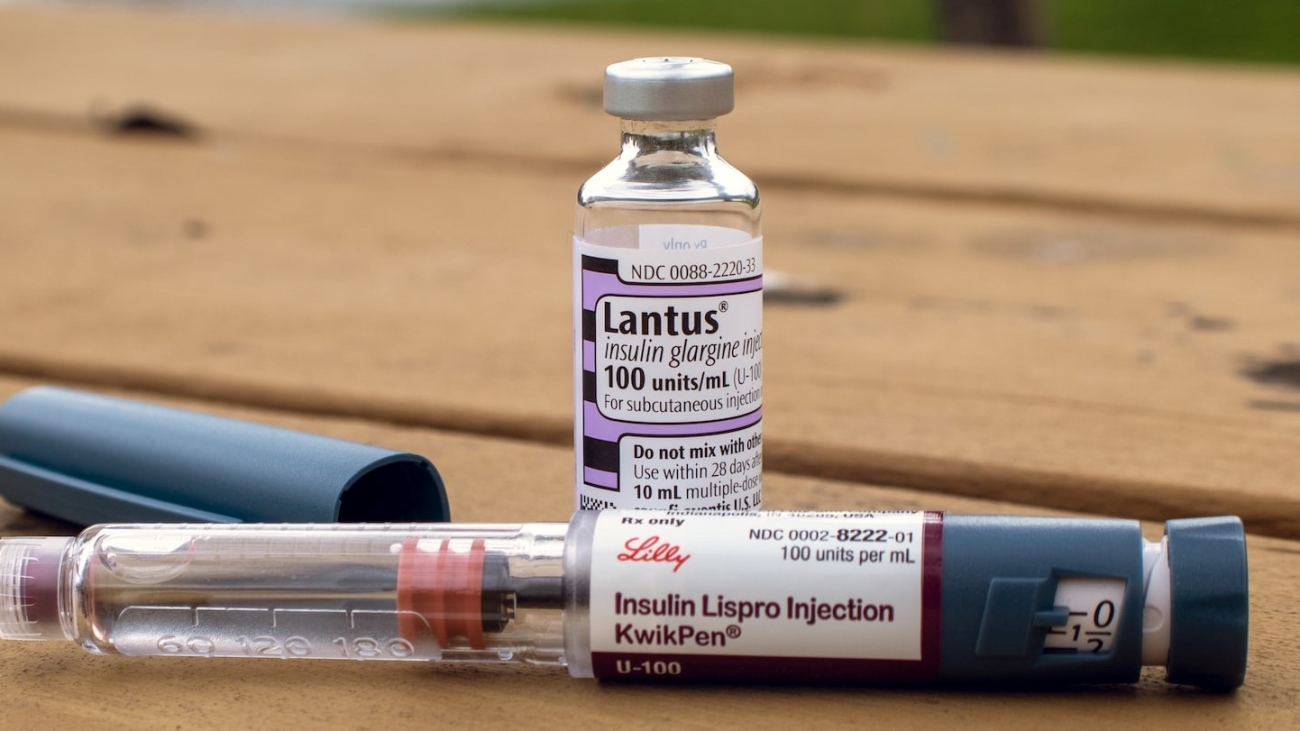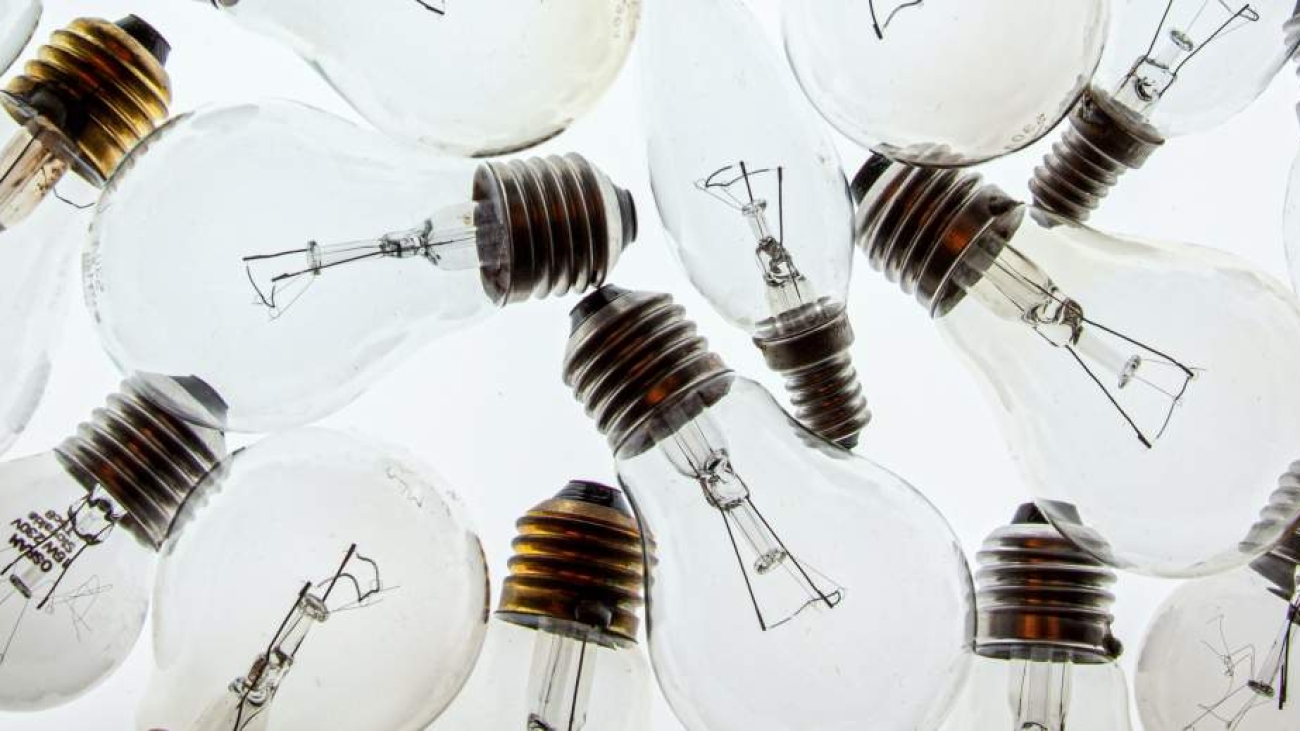Emotionally abuse is often subtle and those who perpetrate it can be devious and deceptive. The personality disorder I would like to explore is the sociopath.
Doom Scrolling: How Can You Avoid It
Doom scrolling or doom surfing is spending a lot of screen time devoted to the reading and absorbing negative news and can be bad for your mental health.
World Diabetes Day. Awareness and Hypnotherapy
World Diabetes Day (WDD) was created in response to growing concerns about the global health threat of diabetes. Learn more and how hypnotherapy can help.
Thomas Edison, Creativity and Sleep
Thomas Edison was an American inventor and businessman. With 1,093 US patents, as well as others globally, he is regarded as the most prolific inventor.
Summer is Gone. But Don’t be SAD
It’s clear that summer is now long gone. The weather can really affect your mood. And in winter that can mean a lack of energy and a low mood.






